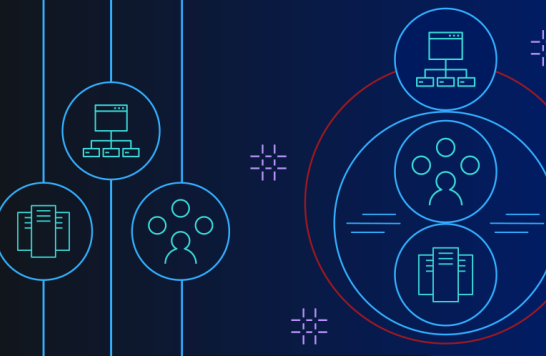Cloud vs in house servers: the facts

What is the most important component used to maintain your business? Asking your managers and staff will provide different answers from leadership, to payroll and even HR. However, the most important component is your computer system. Today's business world relies heavily on the internet so it only makes sense to invest heavily in a system that will keep your business running smoothly. When it comes to computer systems, it all boils down to the servers. The right servers will keep your data flowing while the wrong ones will hinder the growth of the business. There are two types of servers that are commonly used in businesses today: cloud servers and in house servers. Each of these has their own pros and cons so it is best not to just pick one over the other without doing some research on both to see which servers will best meet the needs of your business. Below are lists of the pros and cons for both cloud and in house servers.
Cloud servers
Cloud servers store everything online. That means if you have a business based in Dallas, but have offices in Beijing, you will be able to access the same programs at both offices. That makes cloud servers advantageous, however, there are drawbacks to also consider. Here are some pros and cons for using cloud servers.
Pros
- Extra storage is easy to add. In fact, cloud servers typically charge you only for the storage that you need.
- Efficient to backup and restore anywhere and using any device that has internet access.
- Minimal data loss because you can back up data in 15-minute intervals if that is what you choose.
Cons
- It is not cost-efficient if your business is not dedicated to instant data recovery and computer uptime.
- If the internet goes down either at your company or the cloud provider's site then your data will be inaccessible.
- If you require full data recovery then this will be time-consuming and impact your business.
In house servers
In house servers mean just that. The servers are located on site and are managed from there. Despite easier accessibility to the cloud many small and medium-sized businesses still prefer in house servers. The beauty is that you have complete control over your servers without having to worry about the internet going down. Yet, that is not reason enough to justify utilizing in house servers. There are other factors to consider.
Pros
- Keeps confidential data and operating procedures in-house without having to grant access to a third-party company.
- An internet connection is not required since your servers are located on the premises.
- Can be more cost-effective for small and mid-size companies
Cons
- Requires a capital investment for hardware and infrastructure
- Requires on-site IT support which means budgeting for an extra department
- More susceptible to data loss due to disaster or unforeseen event
A third alternative
Recently, companies have begun to invest in hybrid servers. Combining the security of in house servers and access to the cloud, these new servers offer the best of both worlds and reduce the negative impacts on your business. Are hybrid servers right for you? That is a question that only you as the business owner can answer.
It all comes down to the right servers
Picking the right servers for your businesses' computer systems is one of the most important decisions to make. There are benefits to both in house and cloud servers as well as drawbacks. If neither servers are appealing then consider hybrid servers which combine the best features of each of the listed servers. Of course, no one can tell you which servers to buy. It comes down to getting the ones that will benefit your business the most.
Resources
-
Strong Automation Strategy Is Key During Pandemic Recovery
As workplaces figure out their new normal, automation has a role to play – but the ad hoc implementation that happened during the COVID-19 pandemic can't continue.
-
Keeping your IBM Power Systems highly available
IBM Lab Services helps you deploy the building blocks of a next-generation IT infrastructure that empowers your business.
-
Making storage simple for containers, edge and hybrid cloud
IBM Spectrum® Fusion is a container-native software defined storage (SDS) solution that fuses IBM’s trusted general parallel file system technology (IBM Spectrum® Scale) and its leading data protection software (IBM Spectrum® Protect Plus).
-
8 reasons why IBM Power Systems is your app modernization foundation
Application modernization comes in many shapes and sizes, and it’s not always easy to know where to start. Check out the strengths and benefits that IBM Power Systems brings to your modernization efforts.
Questions?
Are you ready to make the most of IT? Schedule a call with an expert today.
Call 877-591-4015 or REQUEST A FREE CONSULTATION



